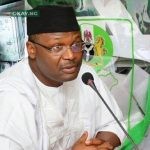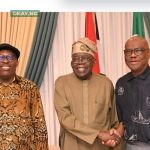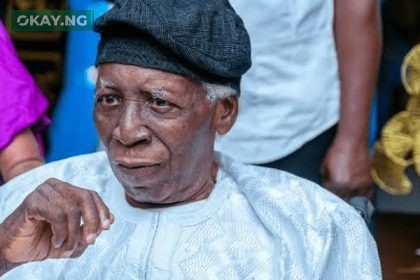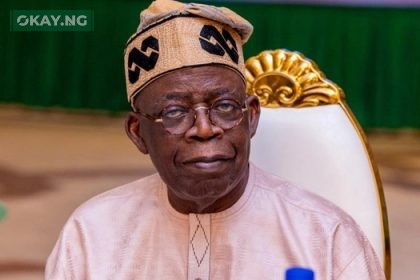The Deputy National Secretary of the Peoples Democratic Party (PDP), Abdullahi Ibrahim, has strongly criticised the recent defection of Delta State Governor Sheriff Oborevwori to the All Progressives Congress (APC), calling the move a betrayal of party values and a reflection of personal ambition.
Ibrahim expressed dismay over what he described as an act driven by personal gain rather than principle. “It’s just a decision informed by greed, avarice, and selfishness,” he said, lamenting the governor’s departure from the PDP, a party that had nurtured his political career.
Ibrahim also alluded to claims that a former PDP presidential candidate may have influenced the governor’s decision to join the ruling party. While he did not name anyone directly, he raised concerns about the political compromises behind the switch. “Some will argue that the former presidential candidate was instrumental to the movement. It can be understood from that context, but it will be sad because I wouldn’t know what atrocity you committed that the APC will cow you into submitting yourself with the entire machinery,” he stated.
The PDP official described the defection as not just disappointing, but damaging to the image and structure of the party, especially coming from a sitting governor. “Whatever it is they want to achieve or escape from, we will see it in the fullness of time, but then I want to assure you it’s a very reckless decision; it’s a condemnable one. PDP is sad; PDP is disappointed,” Ibrahim declared.
Despite his strong words, Ibrahim refrained from launching personal attacks on Oborevwori, instead suggesting that the governor’s past may offer clues as to why such a decision was made. “I would not want to speak about personality, but honestly speaking, those who trace his antecedent, you would see why he will find comfort in this kind of movement, but it’s sad,” he concluded.
The defection of Oborevwori, alongside his deputy, Monday Onyeme, and former governor Ifeanyi Okowa, marks a major political realignment in Delta State and raises fresh concerns over the stability of opposition forces ahead of the 2027 general elections.













